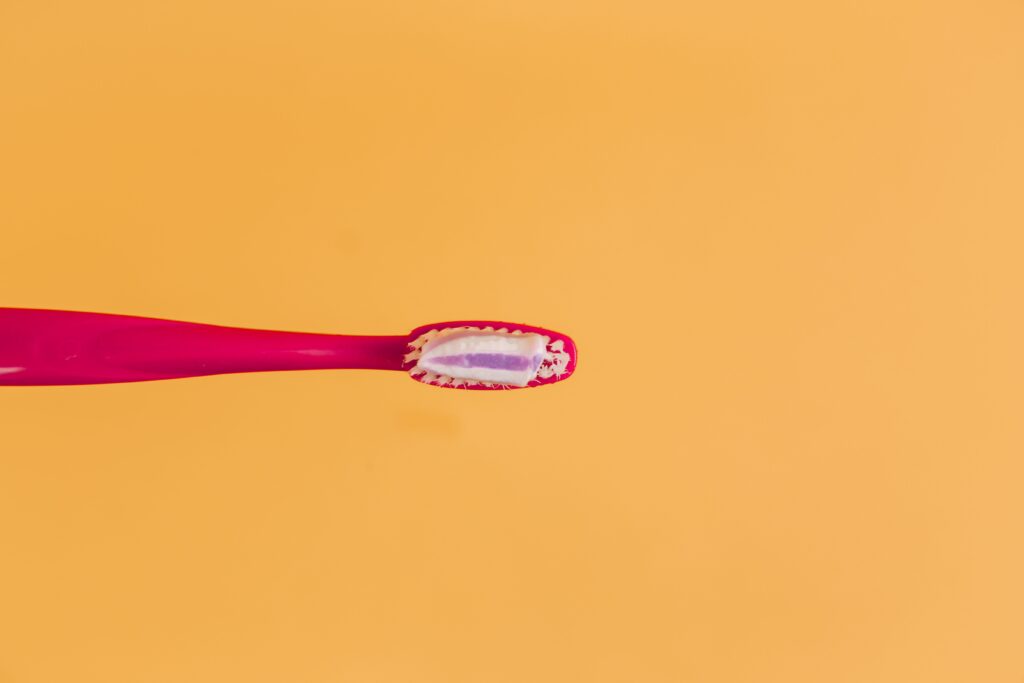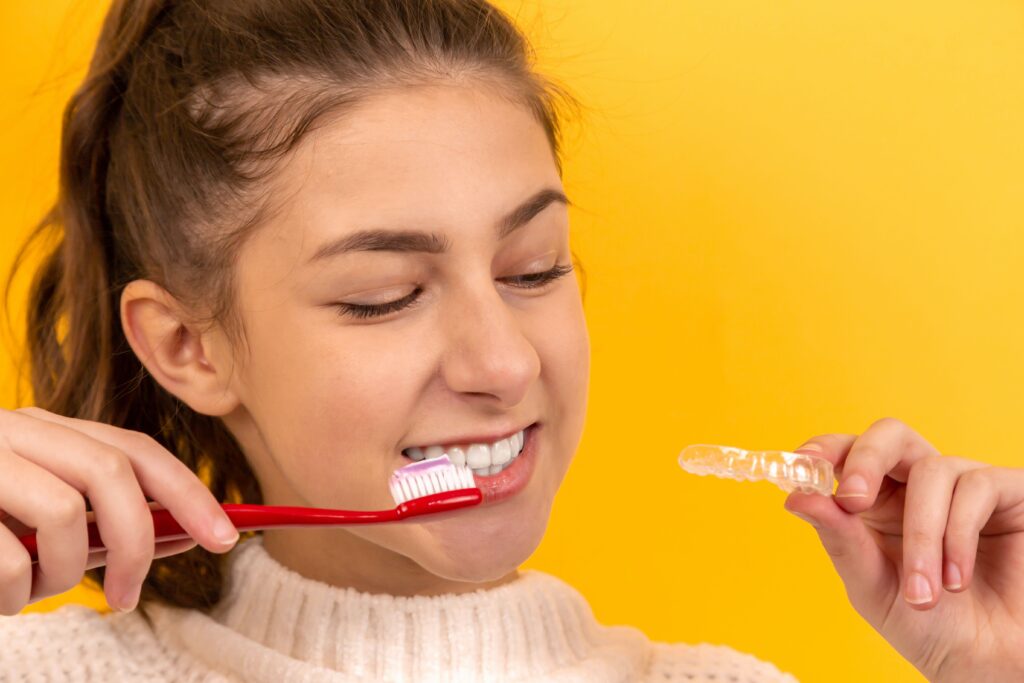When you think about it, putting a small piece of plastic in your mouth every night for the rest of your life sounds gross and unhygienic. But there’s more to it than that. Replacing your toothbrush on time is important because bacteria and its remnants can accumulate on the bristles, which can be transferred to your gums when you brush. This increases the risk of developing gingivitis or periodontitis. If you don’t replace your toothbrush often, you might also be increasing your risk of contracting oral diseases such as plaque buildup, tooth decay, and gum disease.
Why Do You Need to Replace Your Toothbrush?
First and foremost, your toothbrush bristles lose their shape after a certain period. After about three months, the bristles become frayed, which can lead to irritation of your gums and could cause more serious oral health issues. These can be as bleeding gums. One other thing you should know is that bacteria can build up on your toothbrush even if you’re replacing it regularly. This can lead to bad breath, cavities, and gum disease. You’re brushing your teeth with the same bacteria-ridden toothbrush, and it can get looser with time.

What Happens If You Don’t Replace Your Toothbrush?
Think about how bad your breath gets when you don’t brush your teeth for a few days. Now, imagine that smell and taste being in your mouth for weeks or even months. Not only does it sound disgusting, but it’s also pretty unhealthy for your body.
Here are some of the things that can happen if you don’t change out your toothbrush:
- Brushing your teeth with the same bacteria-ridden toothbrush can increase your risk of heart disease by up to 80%. Mouth bacteria can travel through your bloodstream and collect in your arteries, which can increase your risk of heart attack and stroke. This is why it’s important to change out your toothbrush regularly.
- Because of frayed ends and weak bristles, food particles are not removed effectively.
- If you don’t change out your toothbrush regularly, you might be increasing your risk of contracting oral diseases such as plaque buildup, tooth decay, and gum disease.
- Not replacing your toothbrush often enough, you might also be increasing your risk of contracting oral diseases such as plaque buildup, tooth decay, and gum disease.
- Not replacing toothbrushes might also increase your risk of contracting oral diseases such as plaque buildup, tooth decay, and gum disease.
Tips for Maintaining a Healthy Smiling Habit
- Use a new toothbrush every three months: Be sure to replace your toothbrush every three months. Or sooner if its bristles start to fray.
- Keep your toothbrush away from the toilet: While it’s okay to store your toothbrush on the sink, it’s not okay to put it right next to the toilet. The toilet bowl can be a breeding ground for bacteria, and that includes toothbrush bristles.
- Store your toothbrush upright: If you store your toothbrush in a cup or a container, be sure to keep it upright so that it doesn’t get bent or crimped.
- Clean your toothbrush regularly: You should be cleaning your toothbrush thoroughly each time you replace it.
- Use an anti-microbial toothbrush cleaner: If you’re having a hard time keeping your toothbrush clean, you may want to invest in an anti-microbial cleaner to help kill bacteria and keep your toothbrush clean.

Conclusion
Your teeth are one of your most important assets. And keeping them healthy is crucial for your overall well-being. But you can only do so much if you’re not replacing your toothbrush. Keeping your bristles clean and free from bacteria is an important part of keeping your teeth healthy. And replacing your toothbrush on time is the best way to do that. So make sure you’re replacing your toothbrush at least every three months.
Is it time to replace your old and frayed toothbrush? Find your next toothbrush here!

